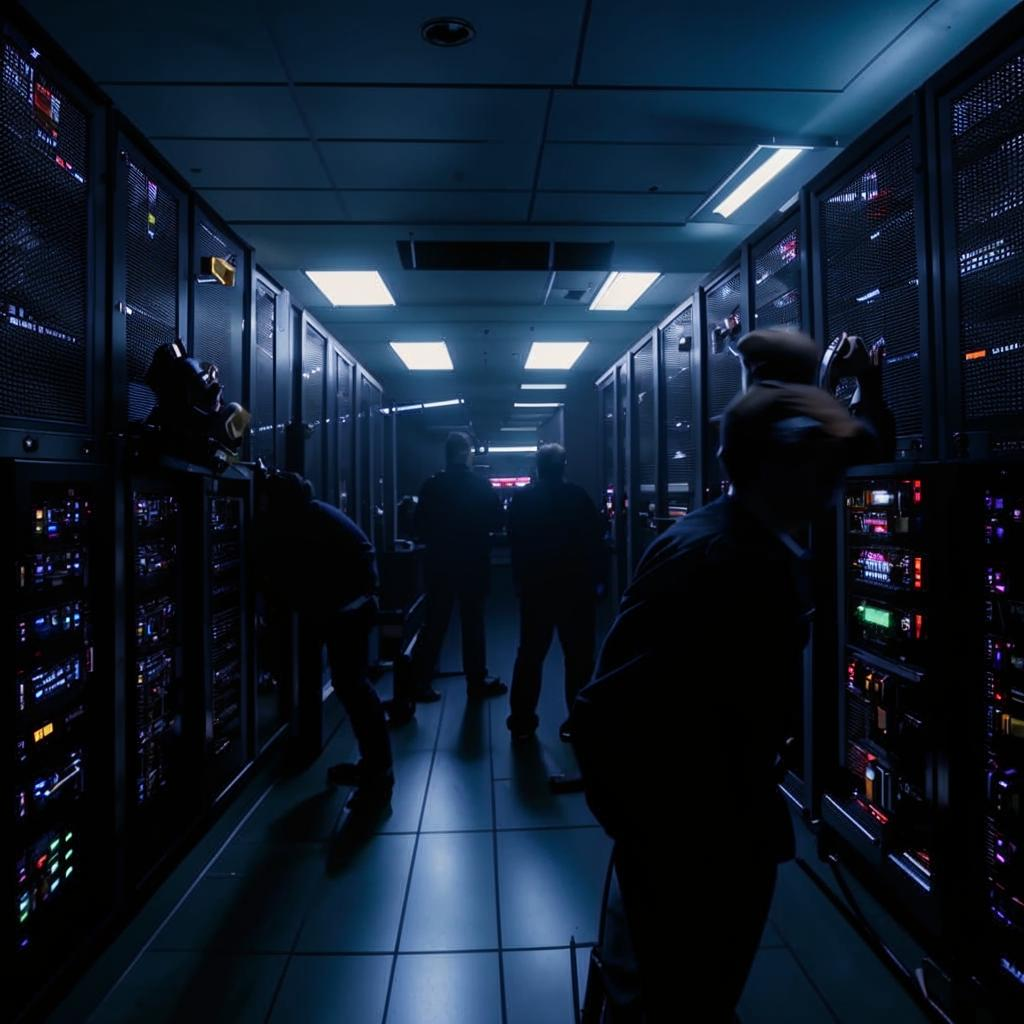The metaverse, no longer science fiction, is attracting massive investment as companies race to build immersive digital spaces. Advocates envision a future where the digital and physical worlds converge, transforming how we interact, work, and play.
However, the metaverse faces significant obstacles. Privacy concerns are paramount, with users wary of data collection and potential misuse. Security vulnerabilities also pose a threat, as virtual assets and identities become targets for cybercriminals. Another issue is a lack of accessibility to the hardware required for proper metaverse experiences, creating digital divide.
Furthermore, interoperability remains a key challenge. Without seamless connectivity between platforms, users are locked into individual ecosystems, limiting the potential for a truly unified metaverse experience. Regulatory uncertainty also looms, raising questions about who governs these virtual worlds and how disputes will be resolved.
Despite these challenges, the metaverse offers vast potential. Education could be revolutionized through interactive virtual classrooms, while healthcare could benefit from remote consultations and immersive therapies. Entertainment could be transformed by immersive gaming and virtual concerts. Addressing the ethical and technical challenges is crucial to realizing the metaverse’s full potential and ensure a safe, inclusive, and interoperable digital future.












